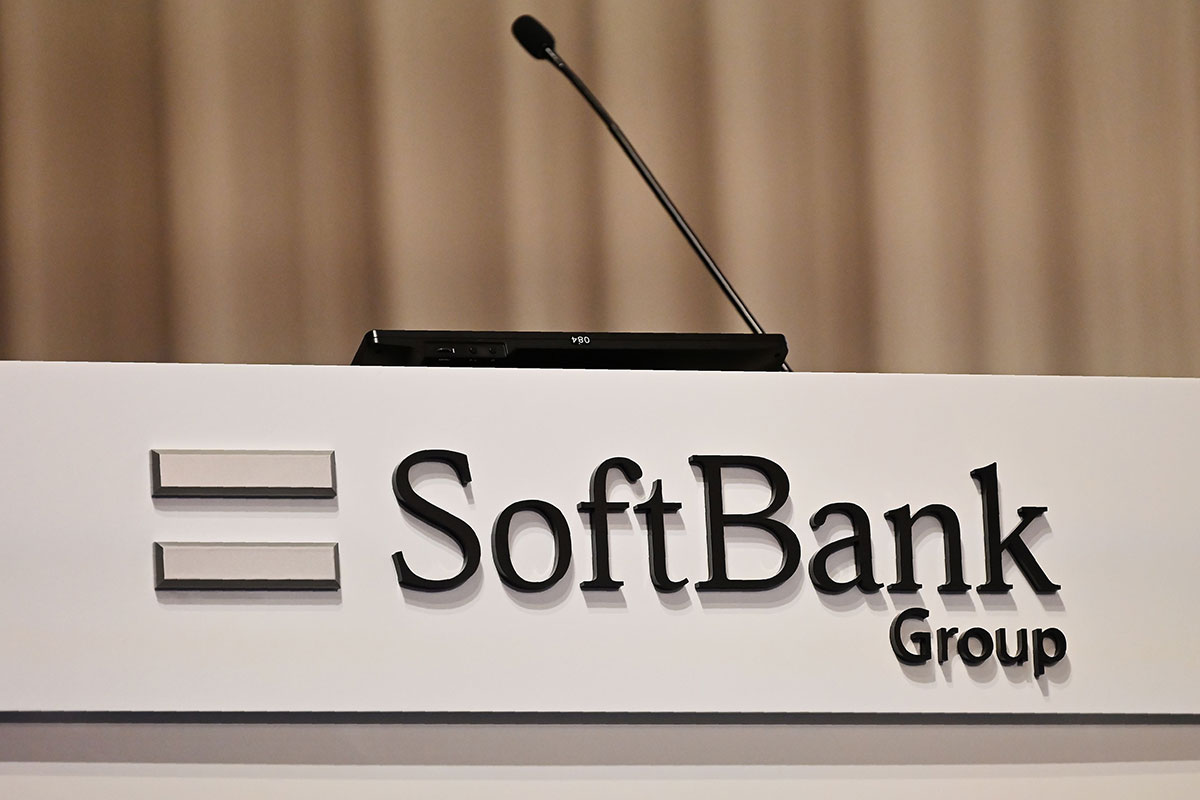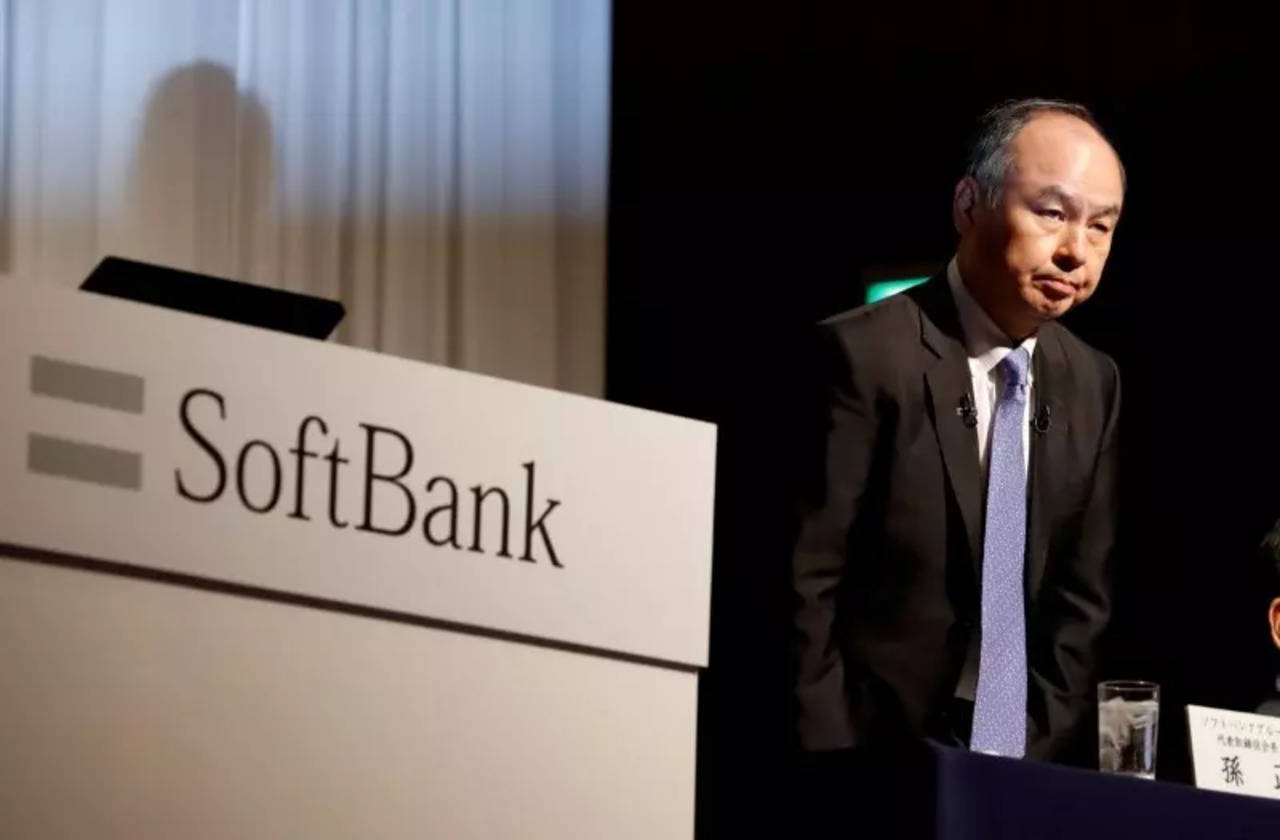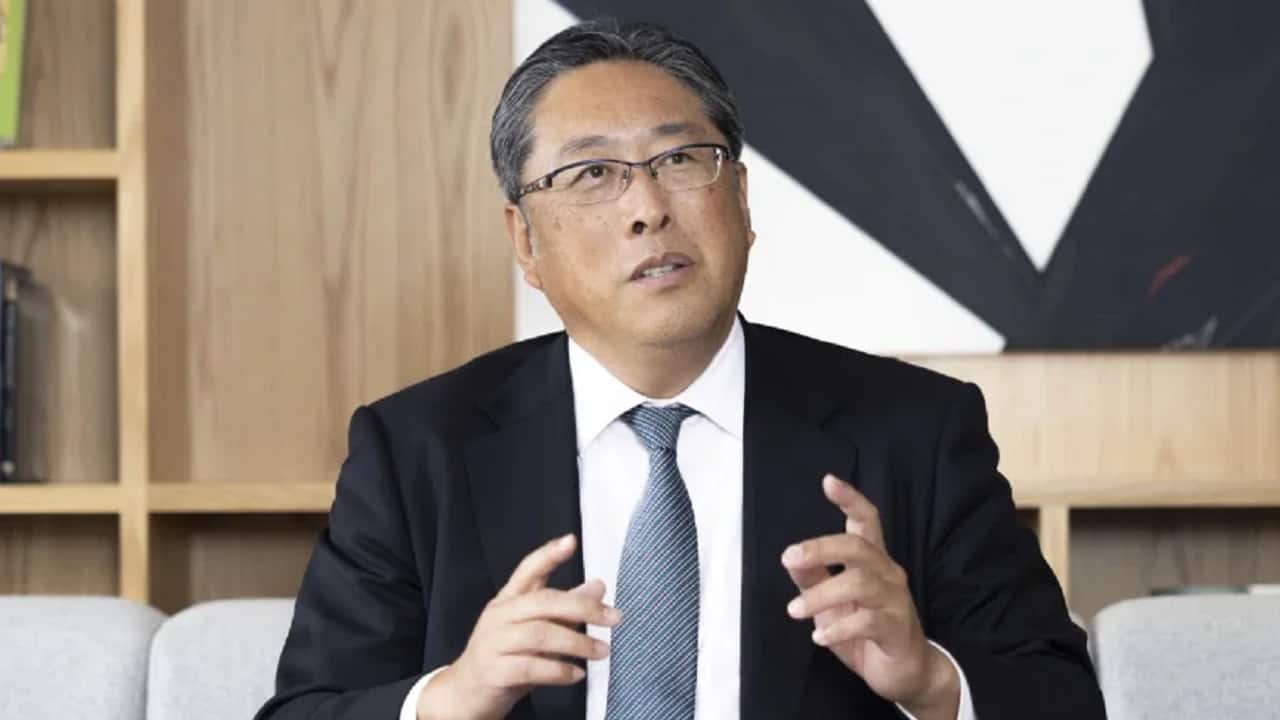SoftBank Group’s Cost-Cutting Measures In Indian Portfolio Companies: Countering Downfall : 2023
A mixed bag of cost-cutting measures and sustainable growth : SoftBank Group Corp.

SoftBank Group Corp. is a Tokyo-based multinational investment holding company that specializes in investment management. Its primary focus is investing in technology companies that provide goods and services across various markets and industries, including the internet and automation.
The Software Group Corp. aims to support these companies by providing the necessary resources and strategic guidance to foster growth and success. SoftBank Group Corp. is committed to driving innovation and advancement in the global business landscape.

SoftBank was ranked as the 36th biggest public company globally and the second-largest publicly traded company in Japan in the 2017 Forbes Global 2000 rankings, with Toyota being the only firm ahead of it in terms of market capitalization.
The investee companies, subsidiaries, and divisions under consideration operate in a diverse range of fields, including robotics, artificial intelligence, biotechnology, transportation, software, and robotic process automation.
Additionally, they also cover proptech, real estate, hospitality, broadband, fixed-line telecommunications, e-commerce, information technology, finance, media, marketing, and other domains.
Over the past 15 months, SoftBank Group Corp’s portfolio companies in India have adopted a “total defense” strategy, similar to that of their investor, to counter the effects of a well-publicized funding slowdown. These companies have implemented several cost-cutting measures to manage the situation effectively.

According to anonymous sources familiar with the matter, Indian startups in SoftBank’s portfolio have taken measures to extend their runway by at least 12 months by cutting costs by 50-75%. These cost-saving measures have included layoffs of numerous employees, reductions in employee benefits, and cutting back on expenses such as advertising.
SoftBank’s portfolio companies have recorded a median cost-cut of 70 percent, as per the latest figures. The reduction in costs is particularly noticeable among some of the heavily funded unicorns such as Unacademy, Meesho, Swiggy, and Cars24.
Technology startups usually allocate a substantial portion of their budget towards employee benefits, and as a result, startups supported by SoftBank have laid off over 5,000 employees in the past 15 months, resulting in significant savings.

In addition to laying off employees, these companies have implemented various measures to reduce operational costs. Unacademy has discontinued providing free meals to its employees and implemented pay cuts for top management and founders, among other measures.
Similarly, Cars24 has shut down its operations in non-core countries like Indonesia and Saudi Arabia, while Meesho has integrated its grocery business unit into its main application.
Unacademy, Cars24, Swiggy, and Meesho have all implemented cost-cutting measures to significantly reduce their monthly expenses. Unacademy has been able to decrease its monthly burn rate from over Rs 200 crore to about Rs 20 crore.
Similarly, Cars24 has seen a reduction in its monthly burn rate from over $22 million to $6-8 million, while Swiggy’s monthly burn has decreased from about $45-50 million to $20 million.
Meesho has also made significant progress in cutting down its expenses, reducing its monthly burn rate from about $40-45 million in peak 2021 to $4-5 million.

Sources indicate that SoftBank’s profitable portfolio companies have made efforts to enhance their operating and net margins by reducing expenses, despite the fact that many companies that cut costs have suffered substantial losses.
This implies that SoftBank’s portfolio companies are taking proactive measures to maintain financial stability and profitability.
Amidst difficult macroeconomic circumstances, SoftBank’s collection of companies have adopted a highly cautious tactic, resembling the actions of the Japanese investment giant.
The latter notably reduced its investments by over 90% from April 2022 to March 2023. Despite having a strong affinity for the Indian market, SoftBank has abstained from investing in any firms since July 2022.
The strategies implemented by these corporations have been effective in managing the funding crisis.
In a recent earnings presentation, SoftBank’s CFO, Yoshimitu Goto, revealed that 94% of the firms in their portfolio have enough runway for at least a year. Furthermore, sources report that Indian companies within SoftBank’s portfolio have sufficient runway for over 20 months.

According to one of the sources cited, SoftBank’s decision to reduce investments in the previous year sent a clear message to portfolio companies that they should brace themselves for challenging times. As a result, some companies were forced to extend their runway to survive.
According to a source, SoftBank’s portfolio companies have been taking necessary measures such as layoffs during these challenging times.
Due to the slowdown in growth for many technology companies, investors are now willing to accept a 30 percent growth rate that is more sustainable, as opposed to 80 percent growth with significant losses. SoftBank’s portfolio companies are prioritizing sustainable growth, as per the source.
As per the individual, a number of companies, particularly those in the B2C (business-to-customer) sector, may put a halt to their cost-cutting measures by June of this year in preparation for an exceptionally important festival season.
According to an individual, this festival season carries significant importance for consumer-centric businesses as there is minimal growth currently.
According to an unnamed source, late-stage companies may choose to improve their financial records by June and then resume investing in growth opportunities to demonstrate positive growth in the current and upcoming years.
This could potentially lead to seeking funding towards the end of this year for the next phase of growth, but such decisions will ultimately depend on the broader macroeconomic climate.
Investors globally have become more wary of high-growth investments in 2022, similar to SoftBank, due to several challenging macroeconomic factors.
These factors encompass elevated interest rates triggered by inflation, a disruptive European conflict that affects global supply chains, and mounting tensions between the world’s two largest economies, the United States and China.
This is a marked departure from the situation in 2021. It is imperative to exercise caution when making investment decisions in the current economic climate.

In addition, the current state of the global banking system has been unstable in 2023, with several institutions such as Silicon Valley Bank and Credit Suisse facing bankruptcy. This has consequently contributed to a pessimistic investment sentiment.
During the earnings presentation, Goto revealed that SoftBank is moving towards an “offence” strategy, following a period of investing under $500 million in the previous three consecutive quarters, which had been part of a “total defence” approach.
The Japanese investment conglomerate is now shifting its focus to more aggressive investments.
SoftBank, the Japanese investor, has been cautiously investing in India and is now getting its late-stage companies ready for a potential public listing.
To facilitate this, SoftBank collaborated with mutual fund houses in Bengaluru last year to connect 10 of its portfolio companies that plan to go public in three years. Notable companies in the portfolio include Swiggy, Meesho, Unacademy, and Lenskart.

During the earnings presentation, Goto made an announcement regarding SoftBank’s late-stage portfolio companies. He indicated that these companies, with a cumulative fair value of approximately $37 billion, are ready to be listed publicly. However, Goto did not provide any additional information regarding this matter.
SoftBank, an active investor in Indian startups, has supported 27 companies in the country, out of which 20 have achieved the unicorn status.
Over the last seven years, SoftBank has significantly increased its investments in India, deploying more than $10 billion via its two Vision Funds. Unfortunately, the company recently disclosed a substantial loss of 4.3 trillion Yen ($32 billion) on the Vision Fund’s investment arm.
Proofread & Published By Naveenika Chauhan




